| CAT NO. |
GBR-3113 |
|---|
Peanut Test (Cassette) GBR-3113
Peanut ELISA Test kit
Peanut ELISA Test kit Intended Use
Peanut ELISA Kit that is an Enzyme Immunosorbent Assay for the qualitative determination of Peanut in food. The Peanut ELISA Kit is a rapid and sensitive Food Allergen ELISA Kit which is designed to provide a sensitive and convenient method for screening food samples for peanut residues. This Peanut ELISA Kit represents a highly sensitive detection system which is particularly capable of the quantification of peanut residues in cookies, cereals, ice cream, and chocolate.
Peanut ELISA Kit Components:
• Microplate: 96 wells coated with anti-peanut antibodies
• Extraction and sample dilution buffer
• Peanut Standards
• Conjugate anti- Peanut -peroxidase
• Substrate Solution
• Stop Solution
• Washing Solution
Method Principle
This Diagnostic Automation/ Cortez Diagnostics Inc. Peanut ELISA Kit is a quantitative test is based on the principle of the enzyme linked immunosorbent assay. An antibody directed against peanut proteins is bound on the surface of a microplate wells. Peanut containing samples or standards are given into the wells of the microtiter plate on the Peanut ELISA Kit. For further details please refer to complete instructions manual supplied with the product.
Background Information
Peanut belongs to the legumes, with a very high content of protein constituting about 25% of it. Many of these allergenic protein are present in relative high amounts. For this reason peanut represents one of the most important food allergens. For peanut allergic persons, hidden peanut allergens in food are a critical problem. Already very low amounts of peanuts can cause allergic reactions, which may lead to anaphylactic shock in severe cases. Because of this, peanut allergic persons must strictly avoid the consumption of peanuts or peanut containing food. Cross-contamination, mostly in consequence of the production process is often noticed. The chocolate production process is a representative example. This explains why in many cases the existence of peanut residues in foods cannot be excluded. Thus, sensitive detection systems, like this Peanut ELISA Kit, for peanut residues in foodstuffs are required.
Related products
Gluten Test (Cassette) GBR-3111
(BUP) Buprenorphine Test (Strip) GBR-3415
ALLTEST Buprenorphine BUP urine drug testing strips
Key points about Buprenorphine BUP drug test strips:- 10ng sensitivity.
- Detects Buprenorphine (also known as Subutex) for up to 5 days after last use
- 99.8% accuracy
- Quick and easy to use urine drug test strip
- Read result in 3-5 minutes
- Manufactured by ALLTEST
- Full CE & international quality certified test.
- Each drug test kit is an individually foil wrapped urine drug test strip.

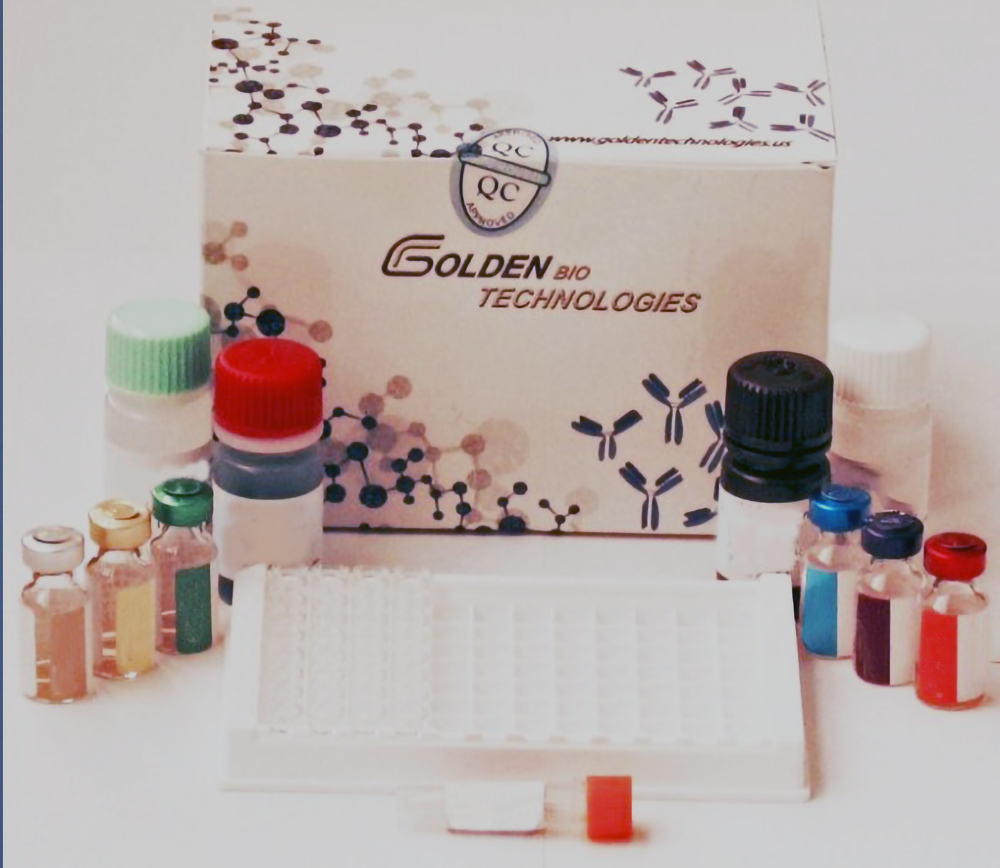

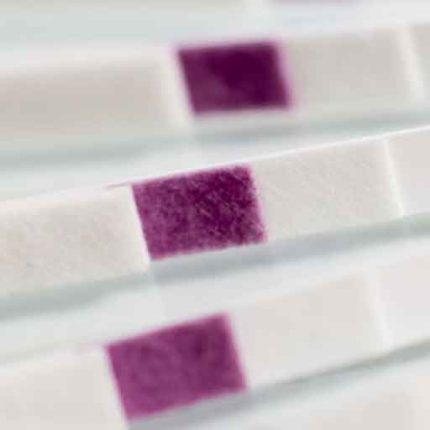
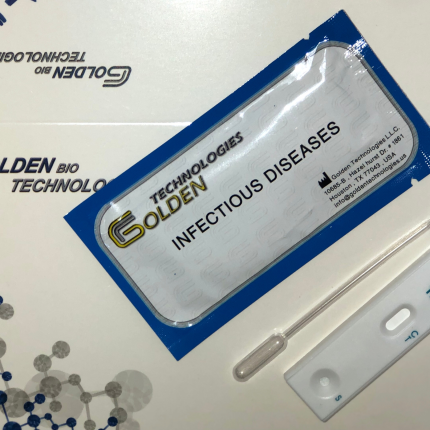
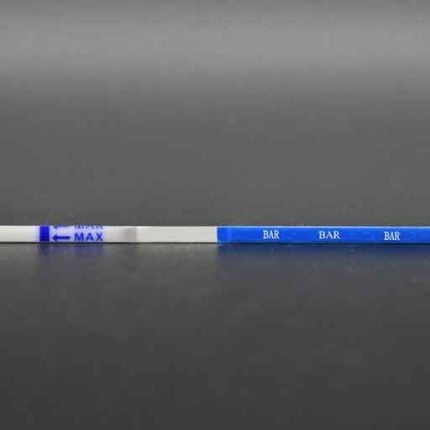
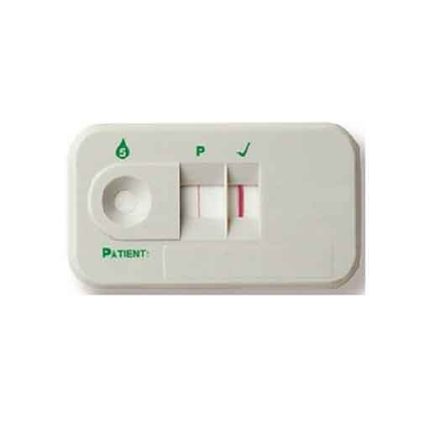
Reviews
There are no reviews yet.